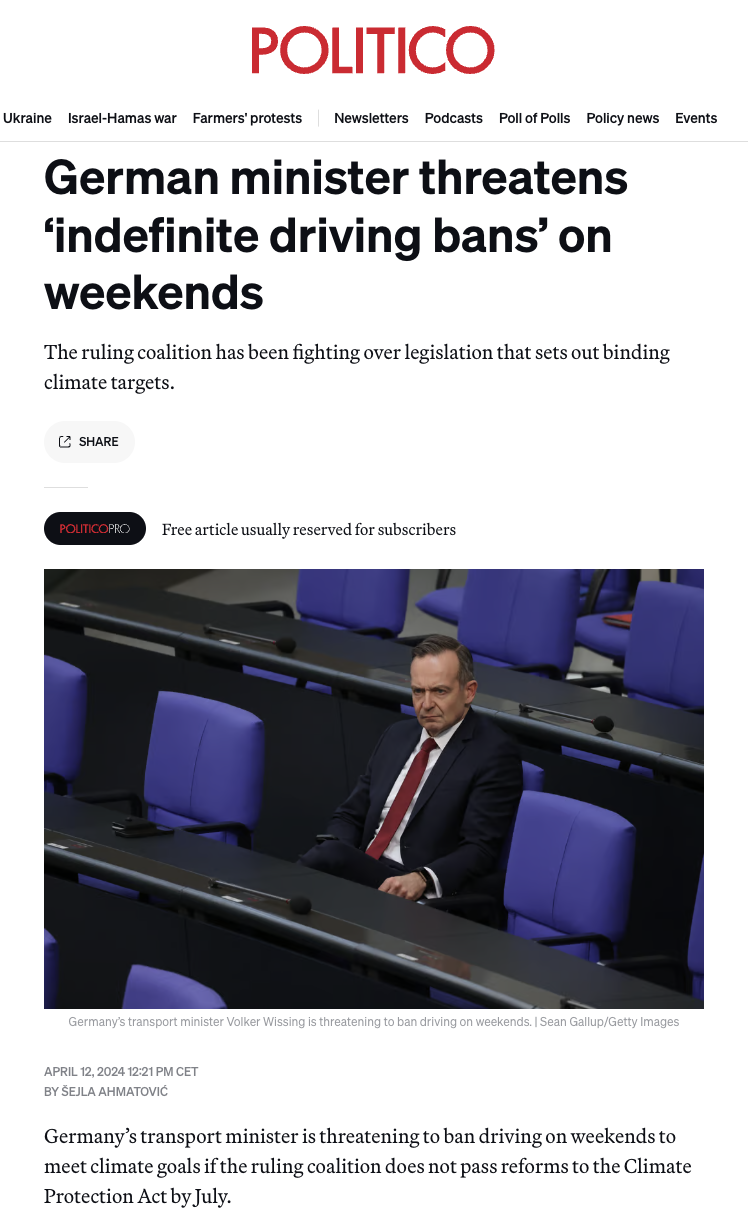It started with Rex Tillerson’s hearing Wednesday. The former Exxon Mobil chief knows the subject of climate change very well, and as secretary of state, he would head up U.S. international negotiations on the matter under the Paris climate agreement (assuming this country continues to participate in that accord, something that Tillerson left pretty ambiguous).
Yet Tillerson stated that while humans are changing the climate, “our ability to predict that effect is very limited” — a dubious assertion, when it is clear that more emissions equal more warming, and when scientists can now directly connect the volume of emissions with particular temperature ranges for the planet.
But for Tillerson, it was really more about the minimization of the problem than its rejection. Later in his testimony, Tillerson went on to say of the changing climate that “I don’t see it as the imminent national security threat that perhaps others do.”
The pattern continued Thursday when Rep. Michael Pompeo, Trump’s pick to head the CIA, also got asked about climate change by Sen. Kamala Harris (D-Calif.) — and seemed to suggest he didn’t think the subject very relevant to the job.
Pompeo is on record as raising doubts about the very fundamental climate trend itself. Speaking on C-SPAN in 2013, he said that “there are scientists that think lots of different things about climate change. There’s some who think we’re warming, there’s some who think we’re cooling, there’s some who think that the last 16 years have shown a pretty stable climate environment.” Actually it’s clear that the planet is warming and scientists have in fact said that is “unequivocal.
In this context, Harris asked Pompeo about what role the issue plays in national security, noting that John Brennan, the current CIA director, has flagged climatic changes as a potentially destabilizing force:
Extreme weather, along with public policies affecting food and water supplies, can worsen or create humanitarian crises. Of most immediate concern, sharply reduced crop yields in multiple places simultaneously could trigger a shock in food prices with devastating effect, especially in already fragile regions such as Africa, the Middle East, and South Asia. Compromised access to food and water greatly increases the prospect for famine and deadly epidemics.
Pompeo didn’t deny the science, and did admit that the CIA’s role is to “understand threats to the world … to the extent that changes in climatic activity are part of that foreign intelligence collection task, we will deliver that information to you all and to the president.” But he nonetheless seemed to minimize the importance of a changing climate to a national security risk assessment, remarking that “I frankly, as the director of CIA, would prefer today not to get into the details of climate debate and science, it just, it seems my role is going to be so different and unique from that, it is going to be to work alongside warriors keeping America safe. I stand by the things that I have said previously with respect to that issue.”
Nobody is saying that a changing climate is the only thing one should focus on in foreign policy or national security — it’s hardly the only danger. But it’s clearly relevant.


